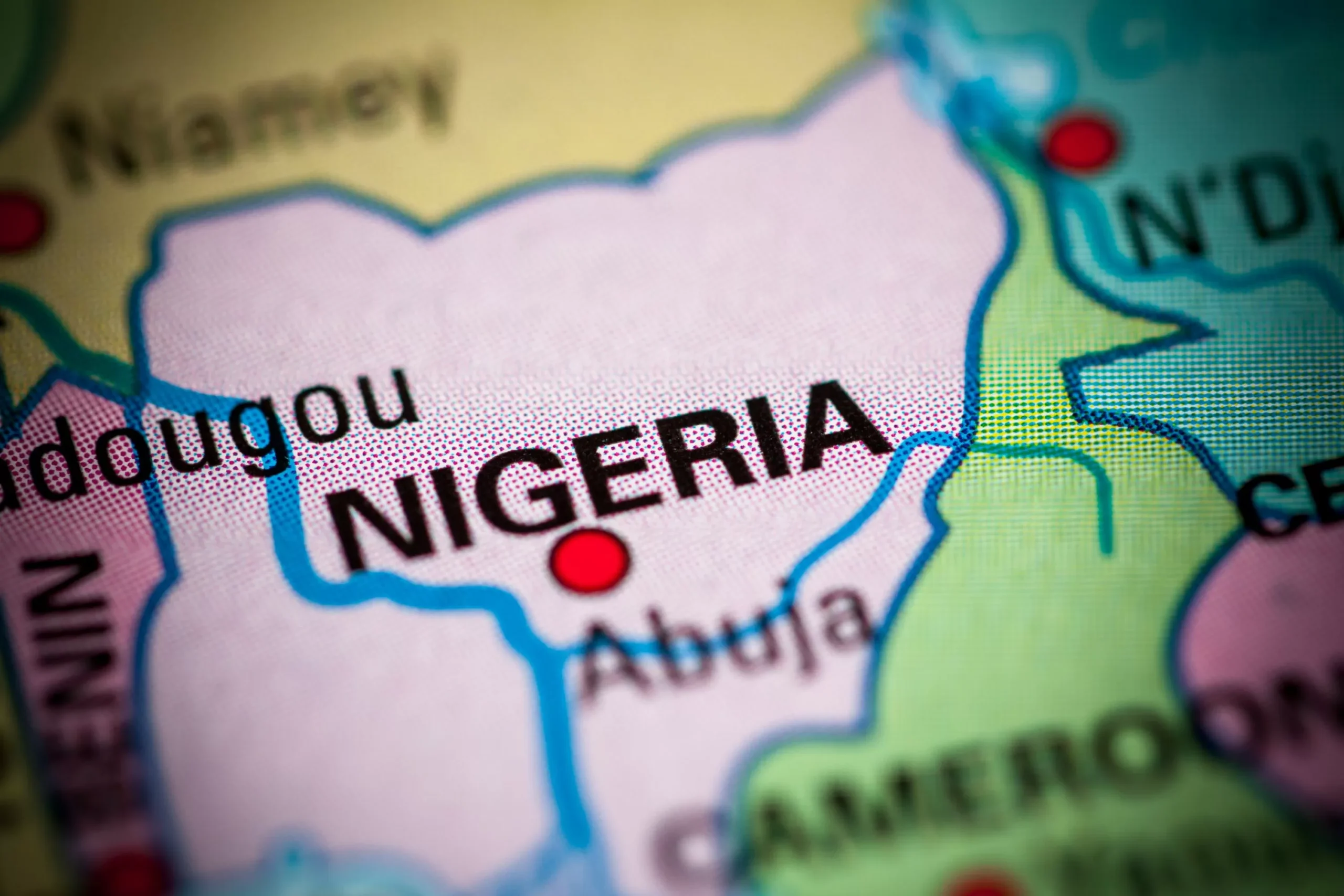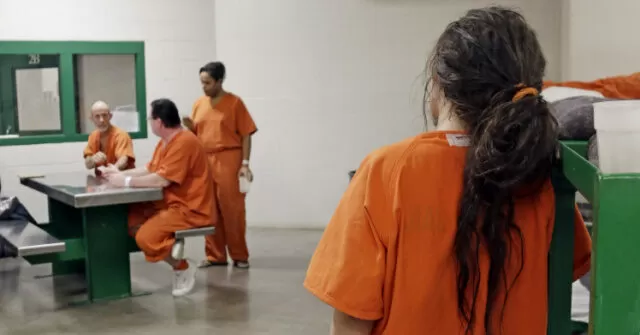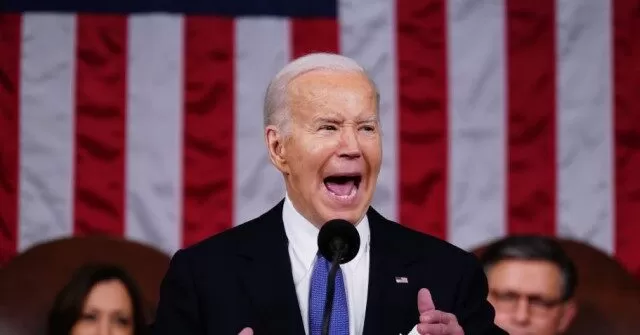At least 52 people have lost their lives and nearly 2,000 have been forced to flee their homes in Plateau state, Nigeria, as a result of a series of violent attacks by gunmen. The latest outbreak of violence has once again highlighted the deep-rooted tensions between farmers and herders in the region.
These attacks, which took place in several villages in the Riyom, Barkin Ladi, and Jos South local government areas, have left many families devastated. The death toll is expected to rise as many victims are still missing and rescue efforts are ongoing.
The violence began in the early hours of Monday morning, when gunmen stormed the villages, shooting and setting homes on fire. The attacks lasted for several hours, leaving a trail of destruction and grief in their wake. Survivors have recounted terrifying stories of fleeing for their lives while witnessing their loved ones being brutally killed.
Plateau state, located in the heart of Nigeria, has been plagued by violence for decades. The state, known for its fertile land and diverse population, has been the scene of frequent clashes between farmers and herders over land and resources. These conflicts have often been fueled by ethnic and religious differences, exacerbating an already volatile situation.
The recent attacks in Plateau state have once again raised concerns about the government’s ability to maintain law and order in the region. Despite the deployment of security forces, the attacks have continued, leaving many to question the effectiveness of their efforts.
In the wake of these tragic events, the government has called for calm and urged all parties to refrain from taking matters into their own hands. President Muhammadu Buhari has also condemned the attacks, describing them as “senseless” and promising to bring the perpetrators to justice.
But words alone will not be enough to heal the wounds of those affected by these attacks. The displaced families are in urgent need of food, shelter, and medical attention. Local organizations and volunteers have stepped up to provide aid, but their resources are limited.
It is clear that the root causes of these conflicts must be addressed in order to prevent further bloodshed. The government must take decisive action to address the underlying issues of land, resource allocation, and inter-communal tensions. Dialogue and reconciliation efforts must also be prioritized to promote peaceful coexistence among different groups.
Furthermore, the government needs to improve security measures in the region and ensure that perpetrators of violence are held accountable for their actions. It is unacceptable that innocent civilians continue to bear the brunt of these conflicts while the perpetrators remain at large.
In the face of such tragedy, it is heartening to see the resilience and unity of the Nigerian people. Despite their differences, many have come together to offer support and solidarity to those affected by the attacks. This sense of solidarity must be harnessed and strengthened to promote peace and harmony in the region.
It is time for the government and all stakeholders to work together towards finding a lasting solution to the conflicts in Plateau state. The lives of innocent civilians cannot continue to be lost due to senseless violence. It is only through collective efforts and a commitment to peace that we can prevent such tragedies from happening again. Let us honor the victims of these attacks by striving for a more peaceful and united community.






![Complete BritRail Pass Guide [Types, How to Use It, Pros + Cons]](https://inside-news.uk/wp-content/uploads/2025/06/00221EB4-BCA2-4DBB-6CD4-83DBC37D71FA-120x86.webp)















